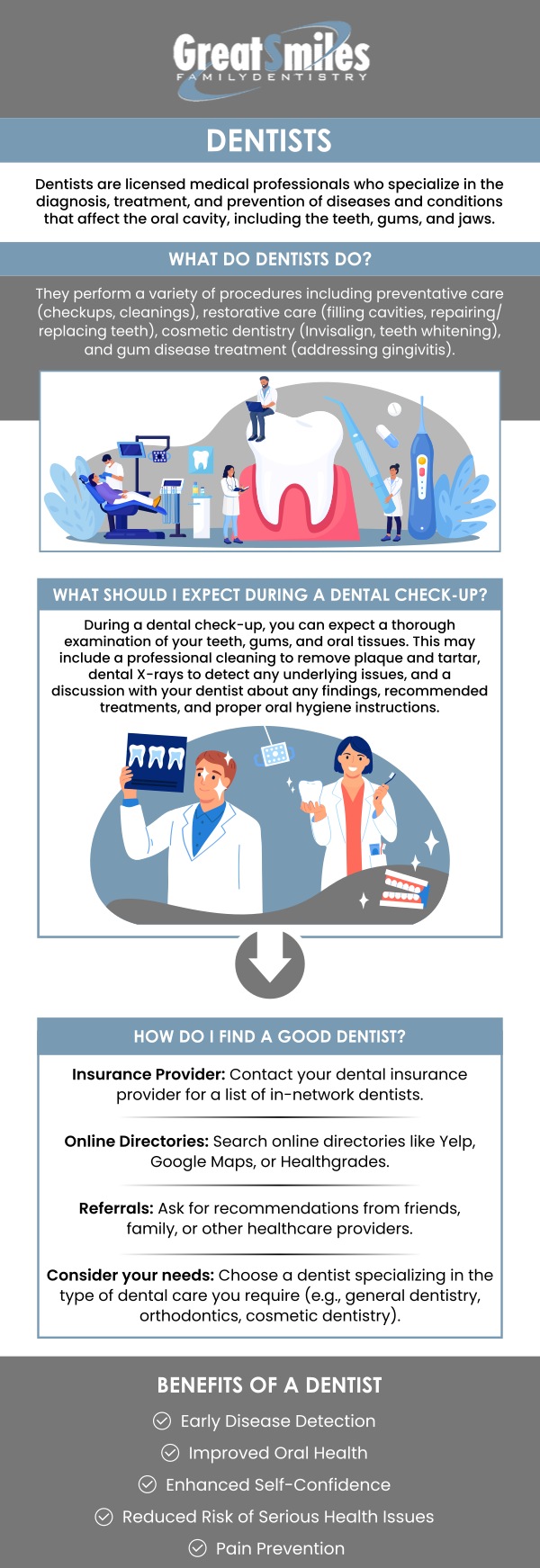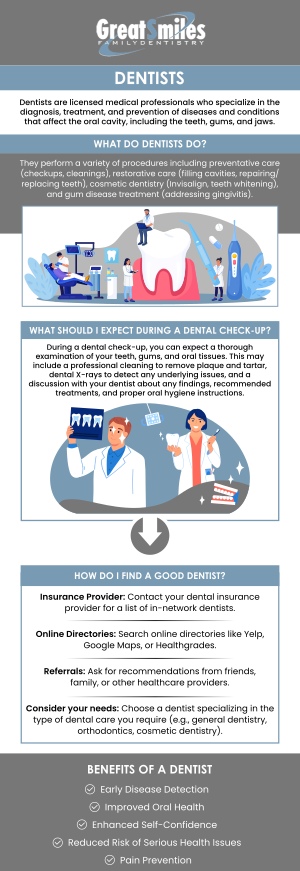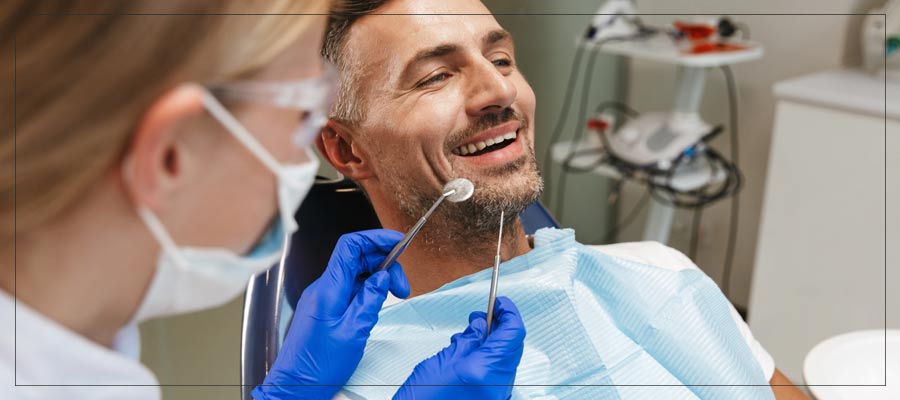Affordable Dental Care in Toledo, OH
Great Smiles Family Dentistry provides affordable dental care with personalized treatments tailored to each patient’s needs. Dr. Nadeem Khan DDS ensures high-quality care at reasonable rates, helping families maintain healthy smiles. Flexible payment options and compassionate service make dental care accessible for all. Contact us today for more information. We are conveniently located at 4646 Nantuckett Dr Suite D, Toledo, OH 43623.





Check Out Our 5 Star Reviews


Additional Services You May Need
- Affordable Dental Implants
- Invisalign
- Invisalign vs Braces
- Dental Implants
- Dentures
- Dentist
- Gum Disease
- Sleep Apnea Appliance
- Sedation Dentistry
- General & Cosmetic Dentistry
- Jaw Muscle and Joint Conditions
- Sports Guards
- Teeth Grinding
- Porcelain Veneers
- Lumineers
- Family Dentist
- Cosmetic Dentistry
- Dental Implant Costs
- Kid Friendly Dentist
- Gingivitis Treatments
- Pediatric Dentist
- Teeth Whitening
- Invisalign Clear Aligner
- Emface
- Exion
- Dental Crown
- Dental Bridge

Additional Services You May Need
- Affordable Dental Implants
- Invisalign
- Invisalign vs Braces
- Dental Implants
- Dentures
- Dentist
- Gum Disease
- Sleep Apnea Appliance
- Sedation Dentistry
- General & Cosmetic Dentistry
- Jaw Muscle and Joint Conditions
- Sports Guards
- Teeth Grinding
- Lumineers
- Porcelain Veneers
- Family Dentist
- Cosmetic Dentistry
- Dental Implant Costs
- Kid Friendly Dentist
- Gingivitis Treatments
- Pediatric Dentist
- Teeth Whitening
- Invisalign Clear Aligner
- Emface
- Exion
- Dental Crown
- Dental Bridge





